In today's constantly connected world, power blackouts are more than just minor inconveniences. They can disrupt our lives significantly. A reliable backup power solution is essential for homeowners. Whether you need to keep the lights on during a storm, ensure your home office runs without interruption, or maintain critical medical equipment, choosing the right backup system is crucial.
Two main options stand out in the market: home battery backups and traditional generators. While both serve the purpose of providing electricity during outages, they differ significantly. Operation, efficiency, and impact on your lifestyle and the environment vary greatly.
Understanding the Differences
Traditional generators have been the go-to solution for many years. They convert mechanical energy into electrical power using an internal combustion engine. When fuel ignites in the engine, it turns a crankshaft that generates electricity through a built-in alternator. These machines are known for their ability to provide power during outages. They have been reliable choices for decades. Many feature automatic transfer switches and voltage regulators. These systems ensure your home's electrical systems keep running during an outage.
On the other hand, backup portable battery systems store electricity from your home's power system. This allows you to use this energy stored inside the battery during a blackout. While generators produce electricity on demand, batteries store energy when it's abundant.
It is common for battery systems to pull power from solar panels or off-peak times when utility rates are lower. This approach not only ensures power during outages but also helps manage your home's energy use efficiently.
The Case for Home Energy Storage Systems

Home battery backup systems offer several advantages over gas generators that make them a superior choice.
Silent Operation:
One of the most significant advantages of battery systems is their silent operation. Unlike generators, which can be loud when running, these systems operate without any noise. This is particularly beneficial in residential areas where noise pollution can be a concern. This is especially useful during nighttime outages.
Clean Energy:
Battery systems, especially when using energy generated by your solar panels, offer a green solution. They produce no direct emissions during use. This results in better air quality and reduced carbon footprint. Using a solar panel system in combination with a home battery system allows you to store excess solar energy during the day to power your home at night. Thereby reducing your reliance on grid electricity. Fuel-burning generators increase pollution and reliance on gasoline.
Lower Maintenance:
With no moving parts, battery systems require minimal maintenance. This is in stark contrast to generators, which need regular oil changes, fuel checks, air filter replacements, and yearly professional servicing to check spark plugs and electrical connections. The need for fewer maintenance requirements is something that many homeowners prefer.
Cost-Effective in the Long Run:
While the initial investment in a battery system might be higher, they can be more economical over time due to lower operating costs. Generators rely on fuel which needs regular replenishment and can become expensive. During prolonged outages or in areas with frequent power issues, this can become expensive very quickly.
Indoor Use:
Battery systems can be safely installed and used indoors. This makes power storage systems more convenient and accessible, especially during severe weather conditions. Traditional generators must be operated outdoors because they produce dangerous exhaust fumes.
Instant Power:
Battery backups provide uninterrupted power instantly, whereas some generators may take a few seconds to kick in. This seamless transition is crucial for sensitive electronics and can prevent data loss or equipment damage. Battery power is a great way to keep things powered up even when there may be service disruptions. During storms and severe weather, continuous and instant power is important. Battery modules that provide emergency power can save lives.
Energy Independence:
When paired with home solar panels, battery systems can increase your energy independence. This is particularly valuable in areas with unreliable grid power. It's also useful for those looking to minimize their dependence on utility companies.
Smart Energy Management:
Many modern battery systems come with smart features that allow for efficient energy management. They can be programmed to charge during off-peak hours (when electricity rates are lower) and discharge during peak times. This can lead to significant savings on electricity bills.
When choosing a system, it’s important to weigh the pros and cons of both generators and home battery systems, especially if you already have solar panels installed. For homes looking to transition to clean energy, installing a home battery system can take advantage of available solar tax credits. This can further reduce the overall installation costs.
Environmental Impact of Battery Storage Systems
The environmental benefits are substantial and worth exploring in depth. Generators powered by diesel or gasoline produce significant amounts of greenhouse gasses and pollutants. This can negatively affect air quality and contribute to climate change. According to the U.S. Environmental Protection Agency, a typical home generator can emit as much carbon dioxide as a car driven for 20,000 miles.
In contrast, battery backup systems offer a much smaller carbon footprint. They produce no direct emissions during use and can be charged using clean energy sources. This aligns well with the growing global focus on sustainable living and reducing individual carbon emissions.
Moreover, the environmental impact of battery systems extends beyond their operation. Many manufacturers are now focusing on sustainable production methods and recycling programs for batteries at the end of their life cycle. This cradle-to-grave approach further reduces the overall environmental impact of these systems.

Efficiency and Cost-Effectiveness
Battery backup systems generally outperform traditional generators in terms of energy efficiency. They're designed to store electricity when it's plentiful and cheap. When used as part of a solar energy storage system, they store energy generated during the day. Then use this stored energy when demand (and utility costs) are higher. This ability to shift energy use can lead to more strategic power management and potential savings on electricity bills.
While generators might have a lower upfront cost, they incur ongoing expenses for fuel and maintenance. The cost of fuel can fluctuate. During times of scarcity of fuel, it may become prohibitively expensive or simply unavailable. It is during these times of scarcity that you need fuel the most!
Many regions offer incentives for installing battery backup solutions. These incentives can include tax credits, rebates, or favorable net metering policies. All of this further improves the cost-effectiveness of battery systems.
When paired with solar energy, battery backup systems allow homeowners to use the excess solar power generated by their solar panels during peak times or outages. In this way, batteries are offering a more sustainable and cost-efficient solution. This helps reduce dependency on grid electricity. And further lowers energy bills and increases energy independence.
By choosing a home battery system, you're not only ensuring reliable power during outages but also contributing to a cleaner and more sustainable future.
Reliability and Performance
Both battery systems and generators can provide reliable backup power, but they do so in different ways. Generators can run as long as they have a fuel supply, making them suitable for extended outages in areas where refueling is possible. However, they require regular maintenance to ensure they'll work when needed.
Battery systems, on the other hand, have a finite capacity but can be recharged using solar panels or the grid when power is restored. They require minimal maintenance and are less likely to fail when needed due to lack of use or maintenance issues. The duration of backup power from a battery system depends on its capacity and your energy usage. Many modern systems can power essential loads for several hours to days.
It's worth noting that battery technology is rapidly advancing. We are seeing improvements in capacity, charging speed, and lifespan happening regularly. This means that battery systems are likely to become even more capable and cost-effective in the near future.
Introducing Yoshino's Solid-State Portable Power Stations

When it comes to choosing a battery backup system, Yoshino Power offers a range of innovative solid-state portable power stations that cater to different needs and lifestyles. Yoshino's product line leverages advanced solid-state technology, offering improved safety, faster charging speeds, and enhanced battery life compared to traditional lithium-ion batteries.
Yoshino's Lineup of Backup Batteries
Yoshino B330 SST:
With a 241Wh capacity and 330W AC output, this compact model is perfect for camping, outdoor activities, and small emergency backup needs. It features smart app control and is ideal for powering essential devices during short outages or outdoor adventures.
Yoshino B660 SST:
Boasting a 602Wh capacity and 660W AC output (900W peak), this versatile station is ideal for longer outdoor trips, RV use, and home office backup. It offers 9 total ports, including AC, DC, USB-A, and USB-C, providing flexibility for various devices.
Yoshino B2000 SST:
Designed for adventure use and rapid charging, this model can recharge from 0-80% in under an hour. It's perfect for those who need more power and quick turnaround times between uses.
Yoshino B4000 SST:
With a powerful 4000W output and class-leading power-to-weight ratio, this model is best for home backup or RV use. It can recharge from 0-80% in just over an hour, making it an excellent choice for those who need high power output and quick recharging capabilities.
All Yoshino models are designed for portability and ease of use. They require no professional installation. This makes them exceptionally versatile, allowing you to use them both at home and on the go. Whether you're facing a power outage at your home or need reliable energy storage for an outdoor adventure, Yoshino has a solution that fits your needs.
Making the Right Choice
When deciding on a backup power solution, it's crucial to consider your specific needs, budget, and values. If you prioritize environmental impact, noise reduction, and long-term cost-effectiveness, a battery backup system like those offered by Yoshino is likely the better choice. Here are some key factors to consider when making your decision:
Power Requirements:

Assess your essential power needs during an outage. Make a list of the appliances and devices you need to keep running and calculate their total power consumption. This will help you determine which Yoshino model is best suited for you. You want a product that can provide continuous power to meet your needs during extended outages.
Duration of Outages:
Consider the typical length of power outages in your area. If you frequently experience short outages, even the smaller Yoshino models might suffice. For areas prone to extended outages, you might want to opt for a larger capacity model or consider multiple units. Larger models are ideal for providing backup power for longer periods to keep essential devices running.
Portability Needs:
One of the significant advantages of Yoshino's power stations is their portability. If you enjoy camping, RVing, or need a power solution for outdoor events, the ability to easily transport your backup power source is a major plus.
Budget:
While battery systems like Yoshino's may have a higher upfront cost compared to some generators, consider the long-term savings from lower maintenance, operating costs, and the overall cost of the system. Factor in potential energy savings and any available incentives for clean energy solutions.
Environmental Impact:
If reducing your carbon footprint is a priority, Yoshino's battery-based systems are a green solution. Among the factors to consider when choosing a system, the environmental impact is significant. This is especially true for those aiming to minimize their reliance on fossil fuels.
Noise Considerations:
For those living in areas with noise restrictions, the silent operation of Yoshino's power stations is key. As these systems have become more advanced, their ability to operate quietly adds to their appeal.
Indoor Use:
Unlike generators, Yoshino's power stations can be safely used indoors. This provides greater flexibility in placement and use. This is an important aspect to consider when choosing a home power solution. If you prioritize indoor safety and convenience, you should have Yoshino Battery Supply.
Future Expandability:
Consider your future power needs. Yoshino offers a range of models, allowing you to start with a smaller unit and upgrade or add additional units as your needs grow.
Real-World Applications:
Let's explore some real-world scenarios where having Yoshino power options would be useful.
Home Office Backup:
For professionals working from home, even a short power outage can mean lost productivity and missed deadlines. The Yoshino B660 SST can provide reliable backup power during blackouts. This system can easily power a laptop, router, and other essential office equipment for hours. With the B660 SST, you can ensure that you stay connected and productive.
Outdoor Adventures:
Camping enthusiasts can benefit from the portability of the Yoshino B330 SST. It's perfect for powering LED lights, charging phones, or even running small appliances at a campsite, enhancing the outdoor experience without compromising on modern comforts.
Emergency Preparedness:
In areas prone to natural disasters, the Yoshino B2000 SST or B4000 SST can be lifesavers. They can keep essential appliances running, power medical devices, and ensure communication devices stay charged during extended outages. Working with a qualified installer can help ensure that your system is properly set up for maximum reliability in emergencies.
RV Living:
For those embracing the RV lifestyle, the Yoshino B4000 SST offers a reliable power source that can handle the demands of mobile living, from powering kitchen appliances to maintaining comfortable temperatures with portable heaters or fans.
Events and Gatherings:
Whether it's an outdoor wedding, a backyard movie night, or a community event, Yoshino's portable power stations can provide clean, quiet energy for lighting, sound systems, and other equipment. These stations can also be used to power a wide variety of devices, ensuring your event runs smoothly without the noise or fumes of traditional generators.
Integration with Renewable Energy
One of the most exciting aspects of battery backup systems like Yoshino's is their potential integration with renewable energy sources, particularly solar panels. This combination can create a robust, sustainable, and cost-effective energy solution for your home.
When paired with solar panels, Yoshino power stations can store excess energy generated during sunny days for use during nighttime or cloudy periods. This not only provides a reliable backup during grid outages but can also help reduce your reliance on grid power during normal operations, potentially leading to significant savings on your energy bills.
Moreover, this setup contributes to a more resilient and distributed energy infrastructure. By generating and storing your own power, you're less vulnerable to grid failures and energy price fluctuations. It's a step towards energy independence that aligns perfectly with the growing trend of sustainable living.
The Future of Home Energy
As we look to the future, the role of battery backup systems in home energy management is set to grow. With advancements in battery technology, integration with smart home systems, and the increasing adoption of renewable energy, solutions like Yoshino's power stations are at the forefront of a revolution in how we think about and use energy in our homes.
The ability to store and manage our own energy opens up new possibilities for energy efficiency, cost savings, and environmental stewardship. It's not just about having emergency home power during outages anymore; it's about taking control of our energy consumption and production in a way that benefits both our households and the planet.
Wrap Up

Traditional generators have served us well, but the future of home energy backup is in advanced battery systems. These systems offer major benefits—lower environmental impact, less noise, minimal maintenance, and long-term cost savings. Battery backups are becoming essential for energy-conscious homes.
Yoshino’s solid-state portable power stations provide solutions for different needs and budgets. Choosing Yoshino ensures energy security and supports a cleaner future. You’re investing in technology that aligns with the global push for renewable energy.
With growing environmental challenges, switching to battery backups is smart for your home, wallet, and the planet. Yoshino’s innovative solutions offer a path to energy independence and sustainability, giving you peace of mind for the future.
Contact us today to learn more!

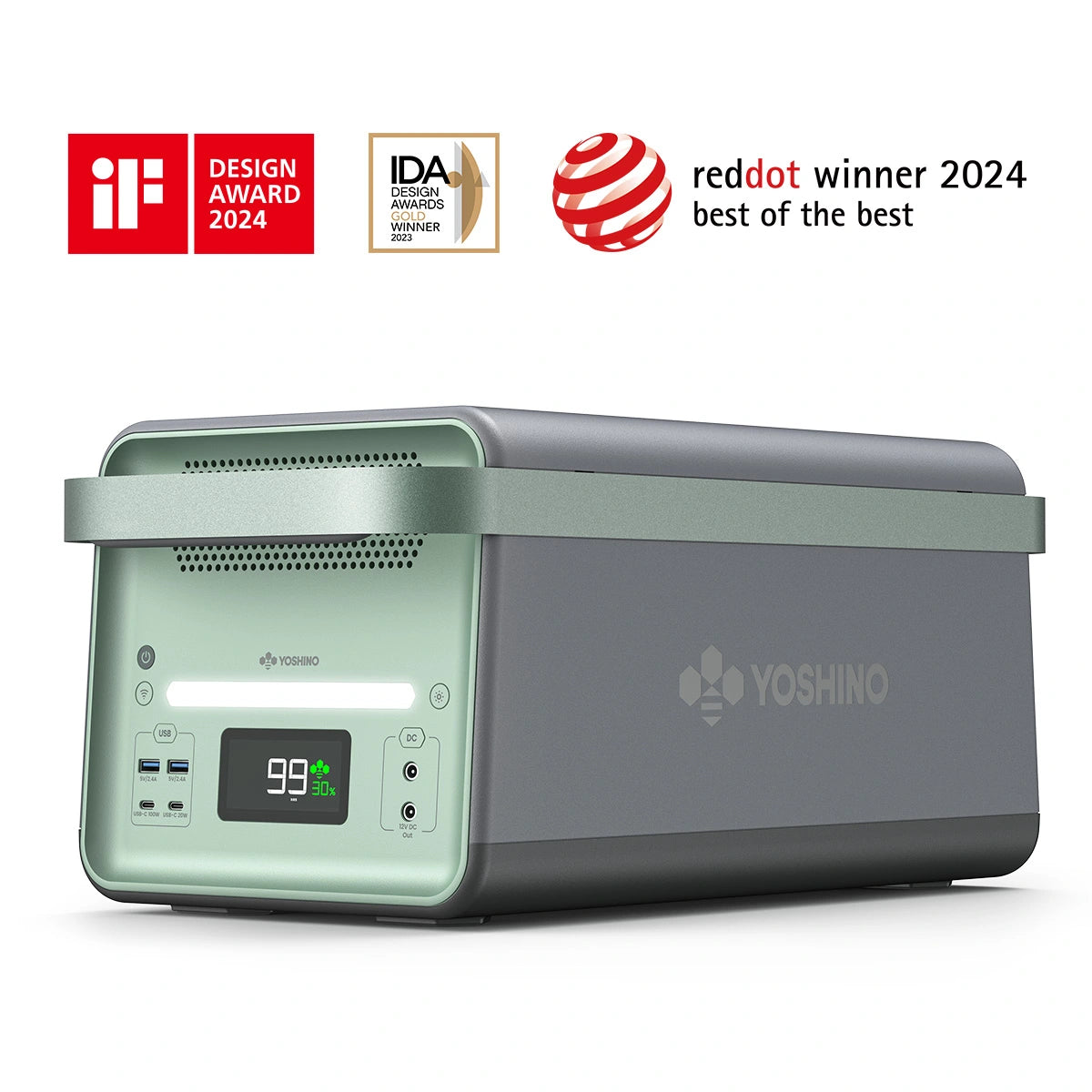
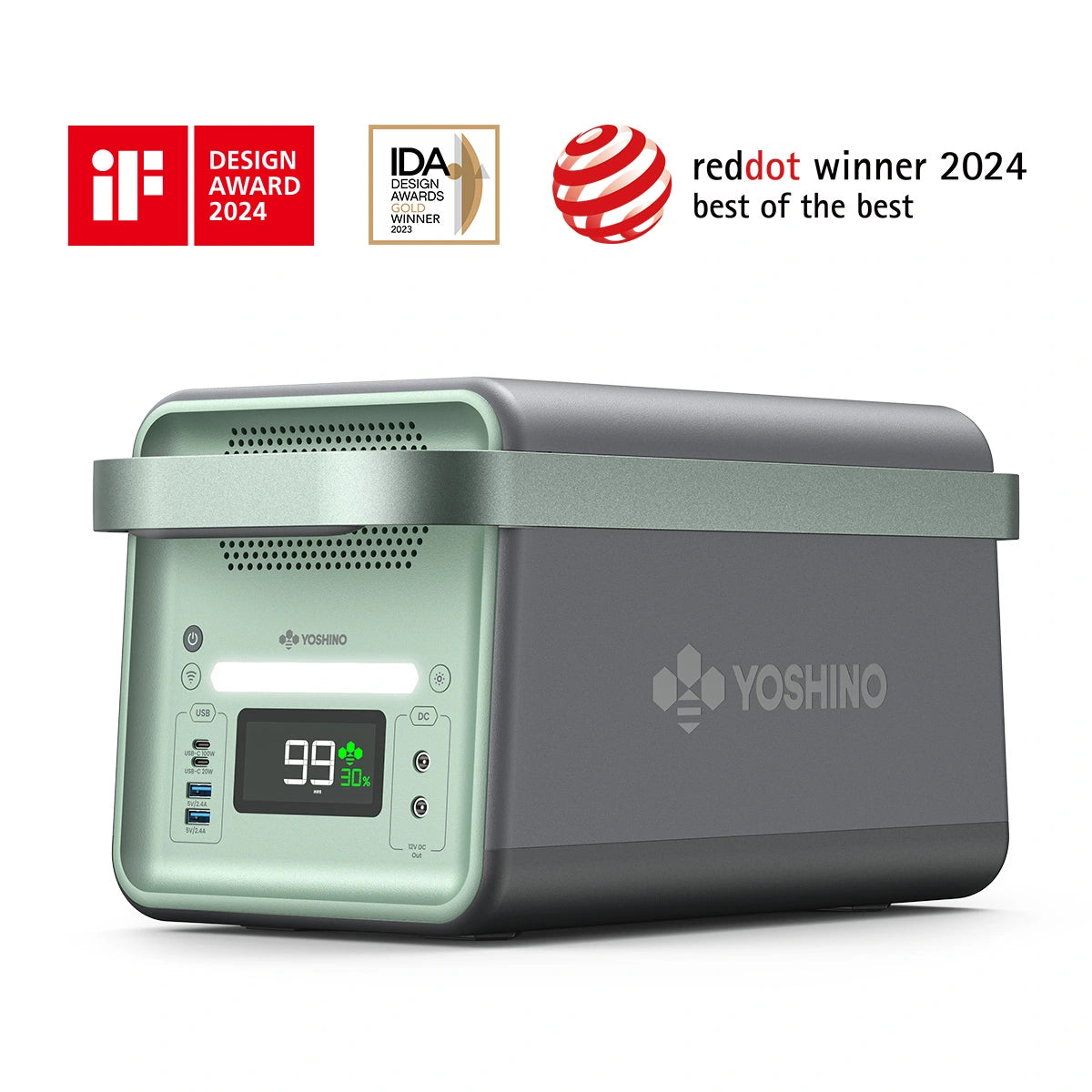
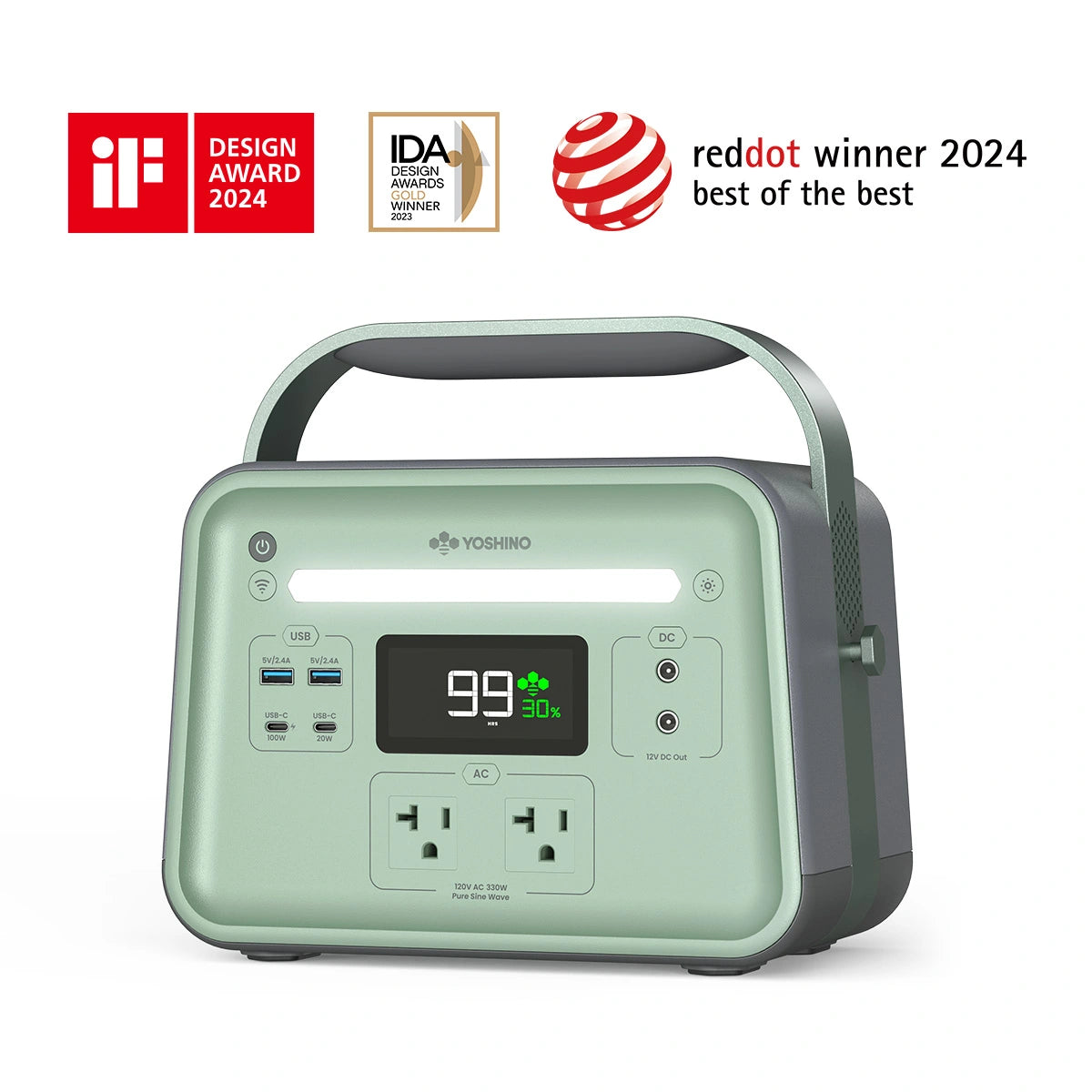
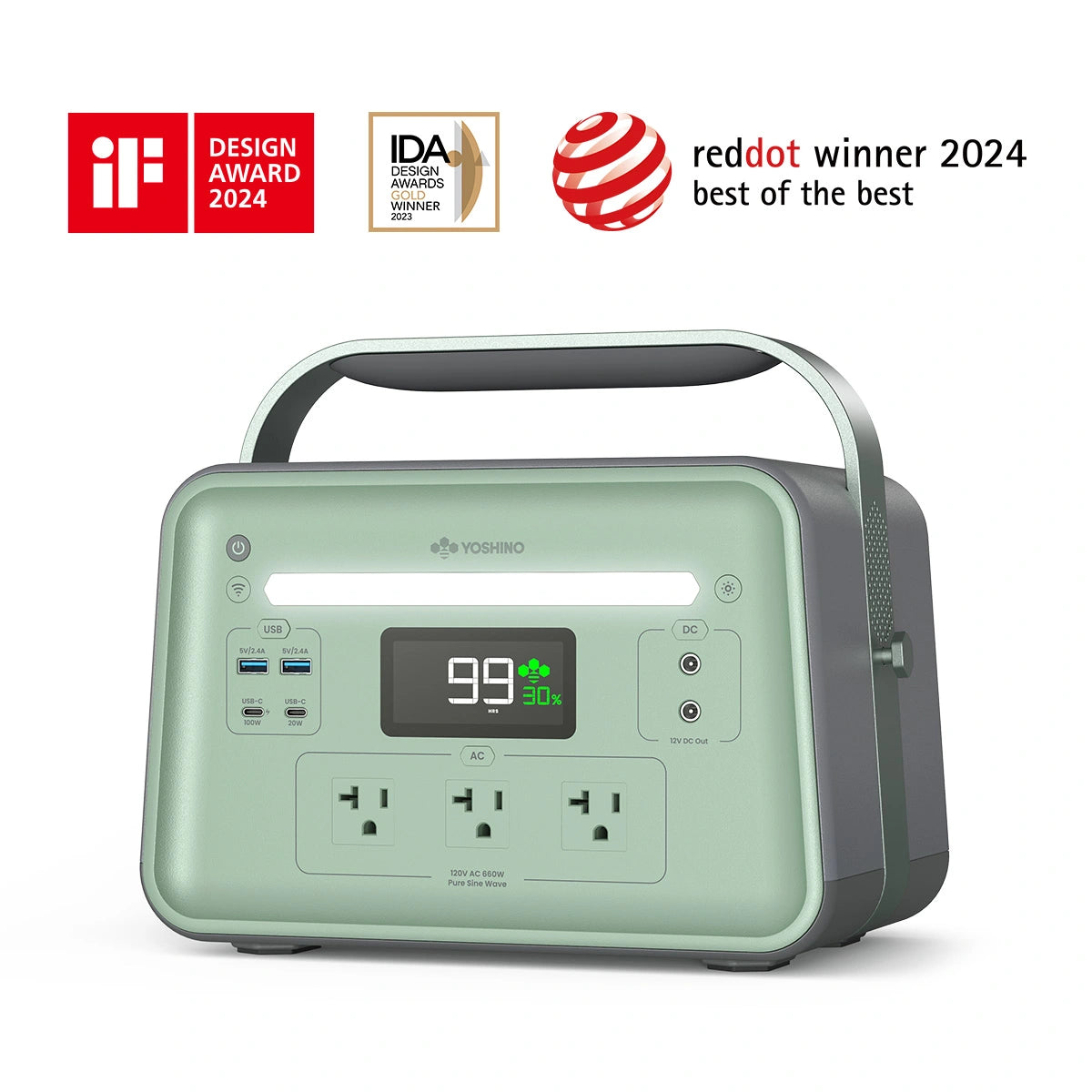
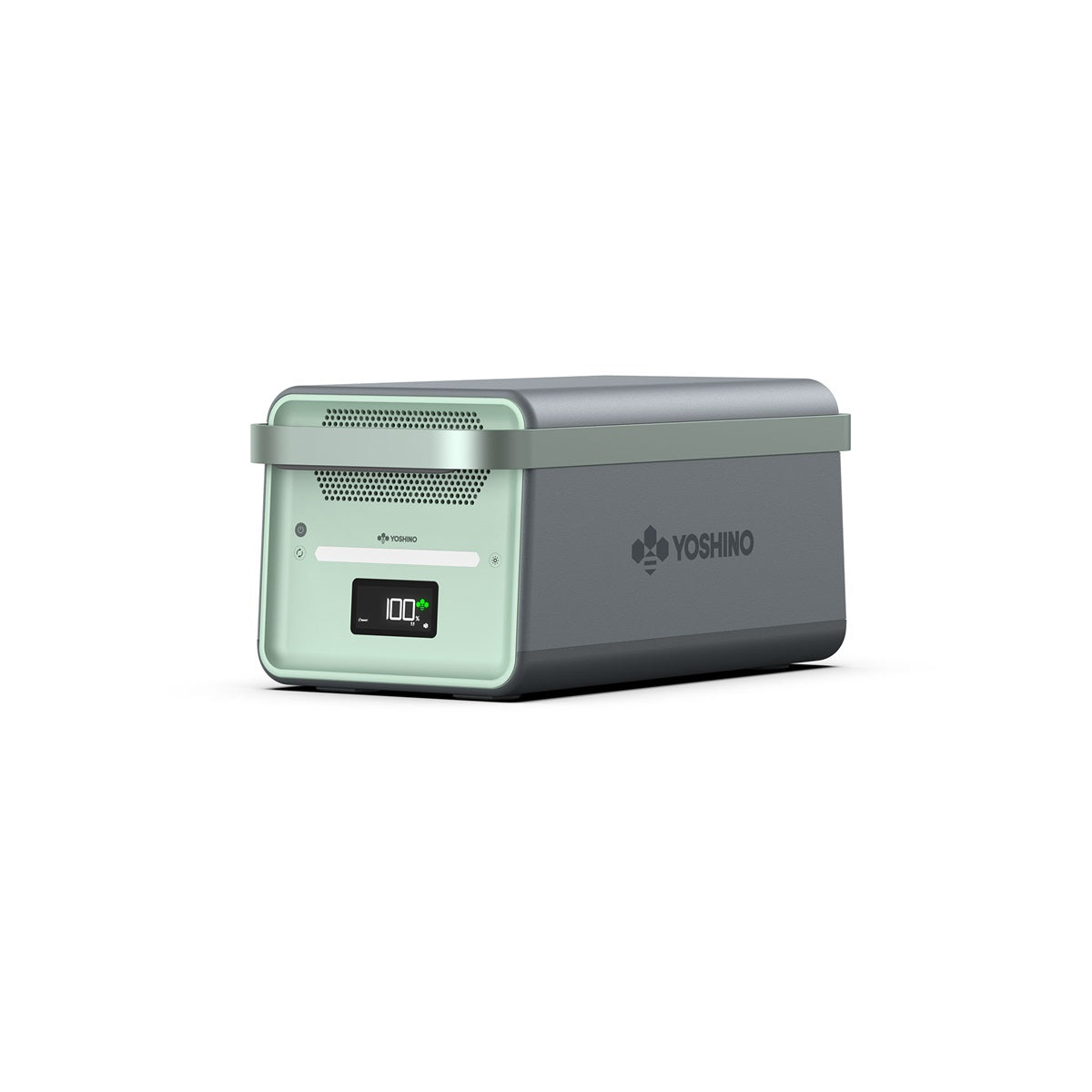
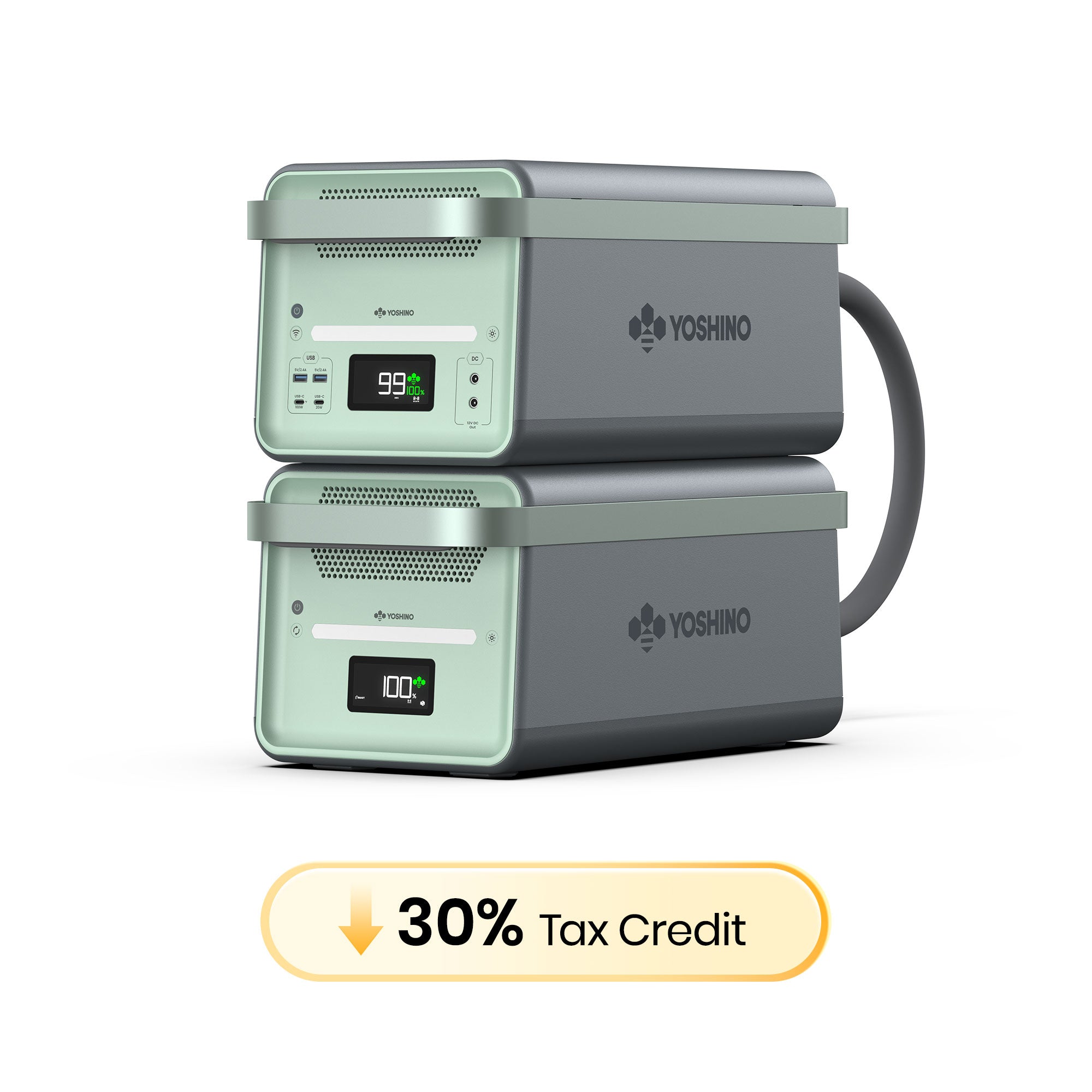
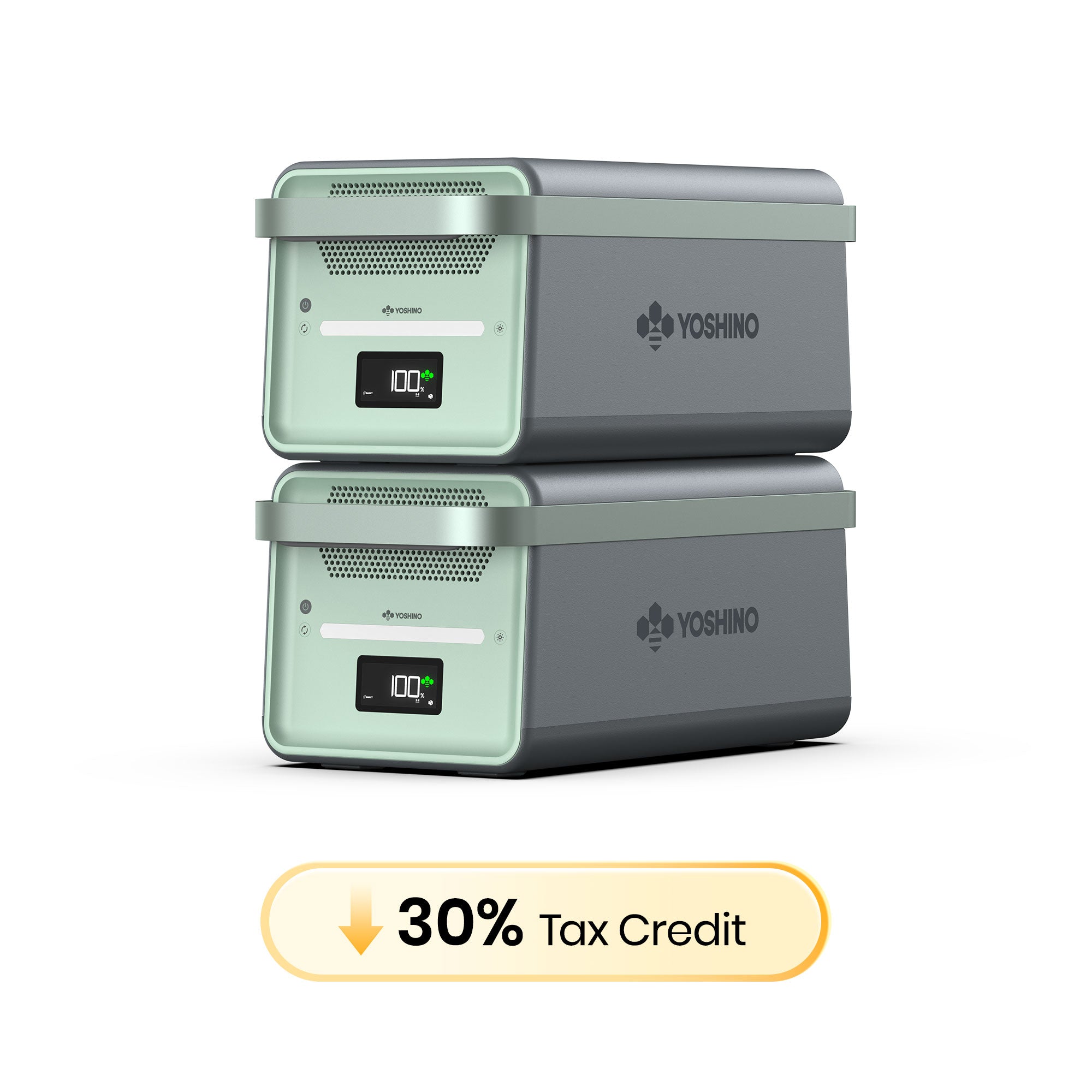
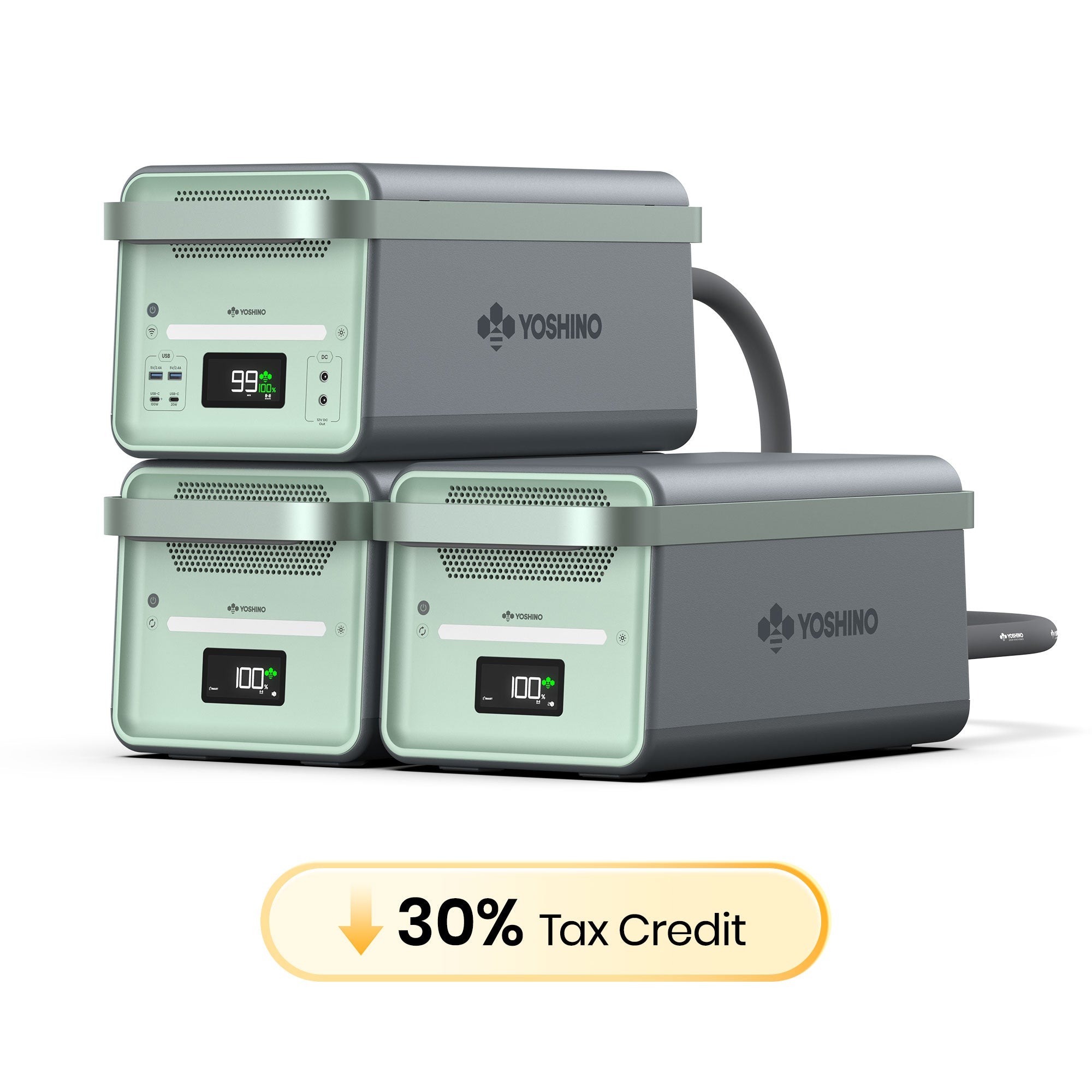
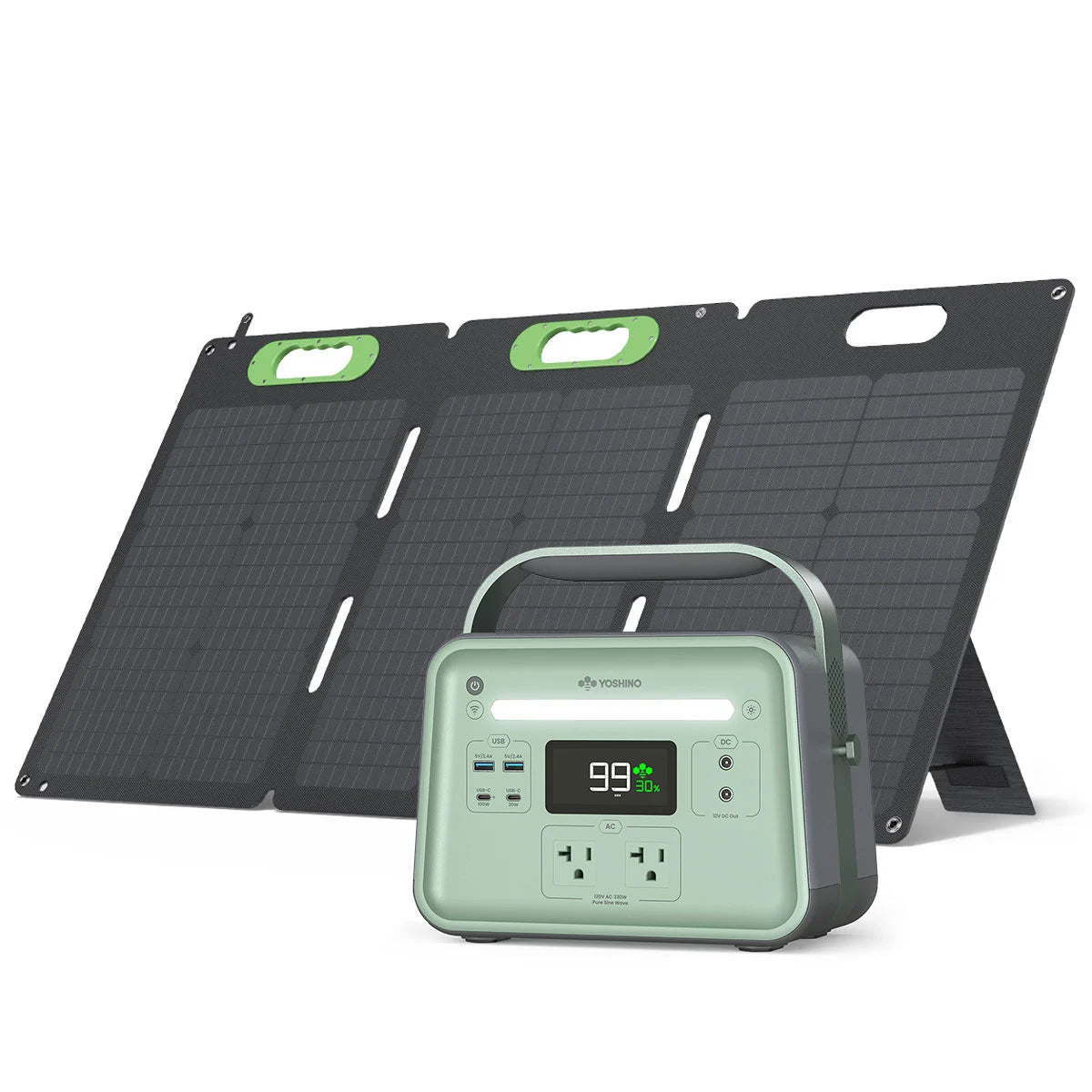
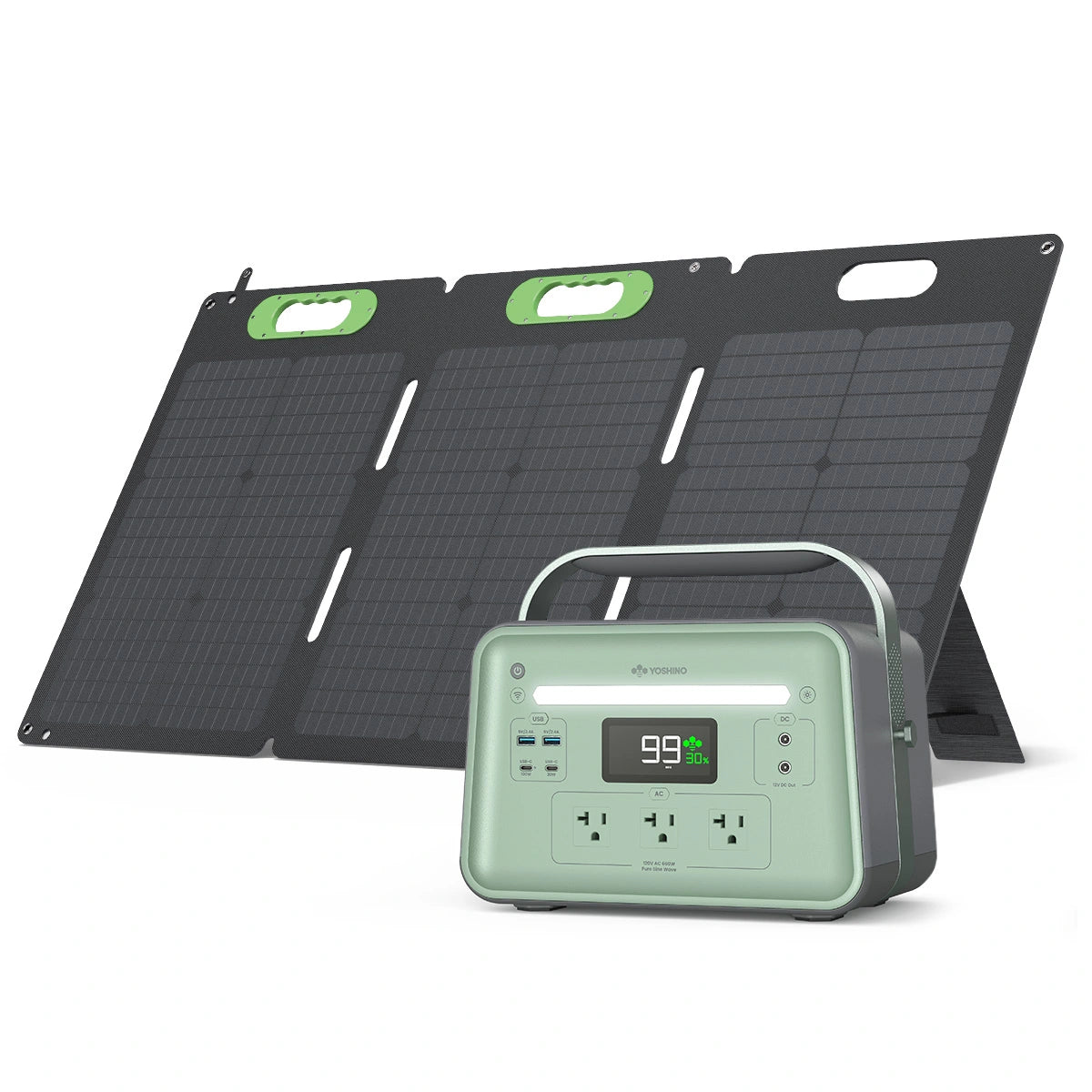
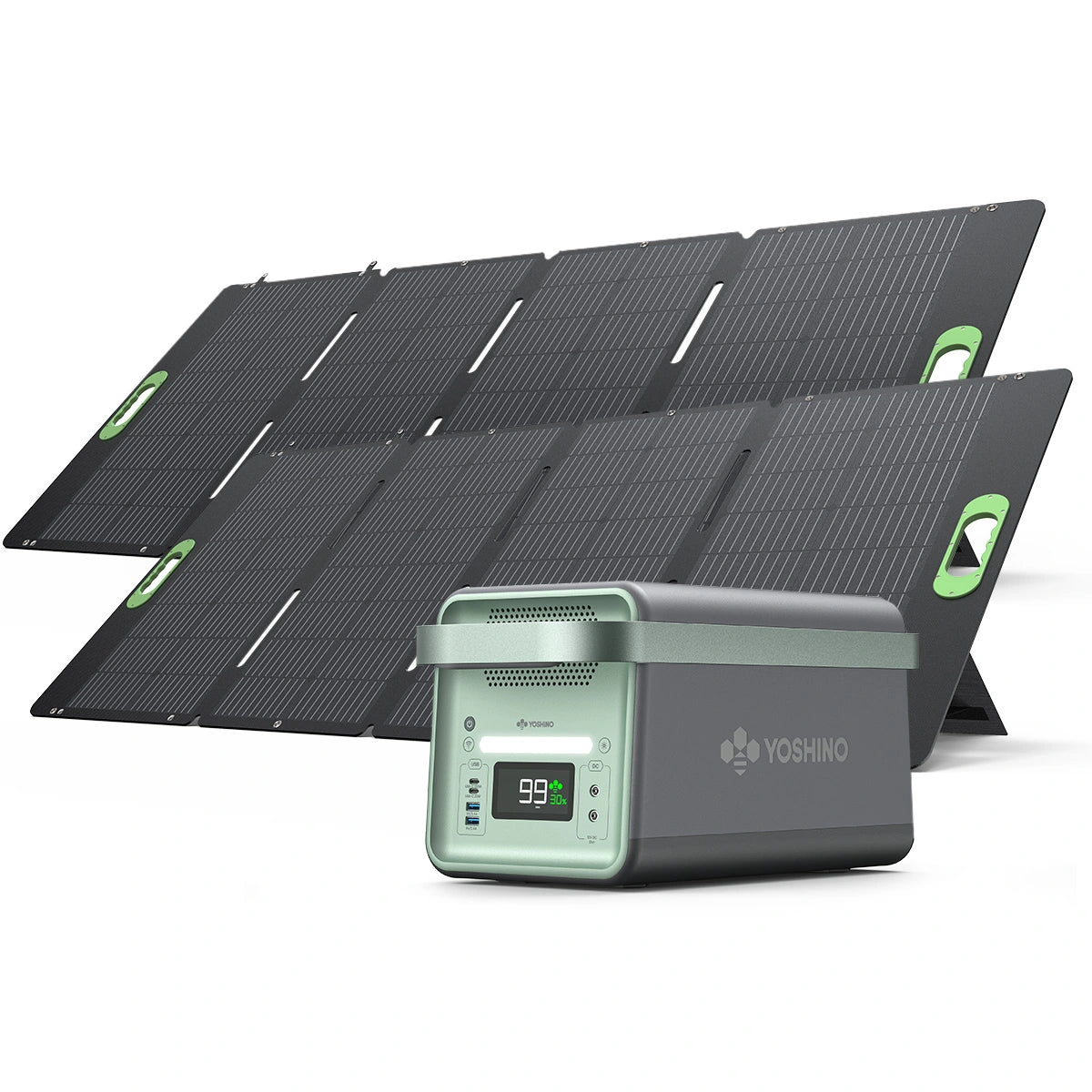
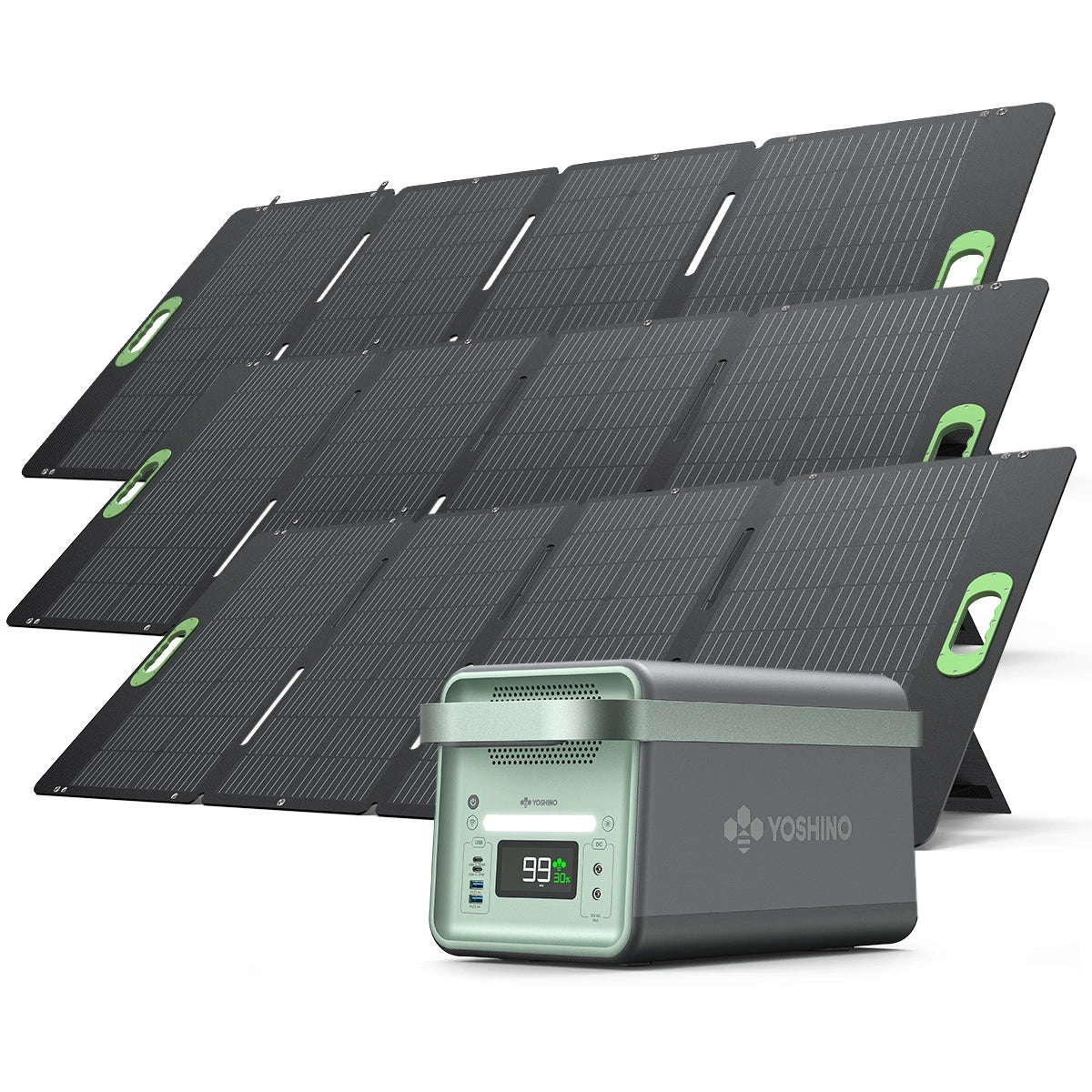
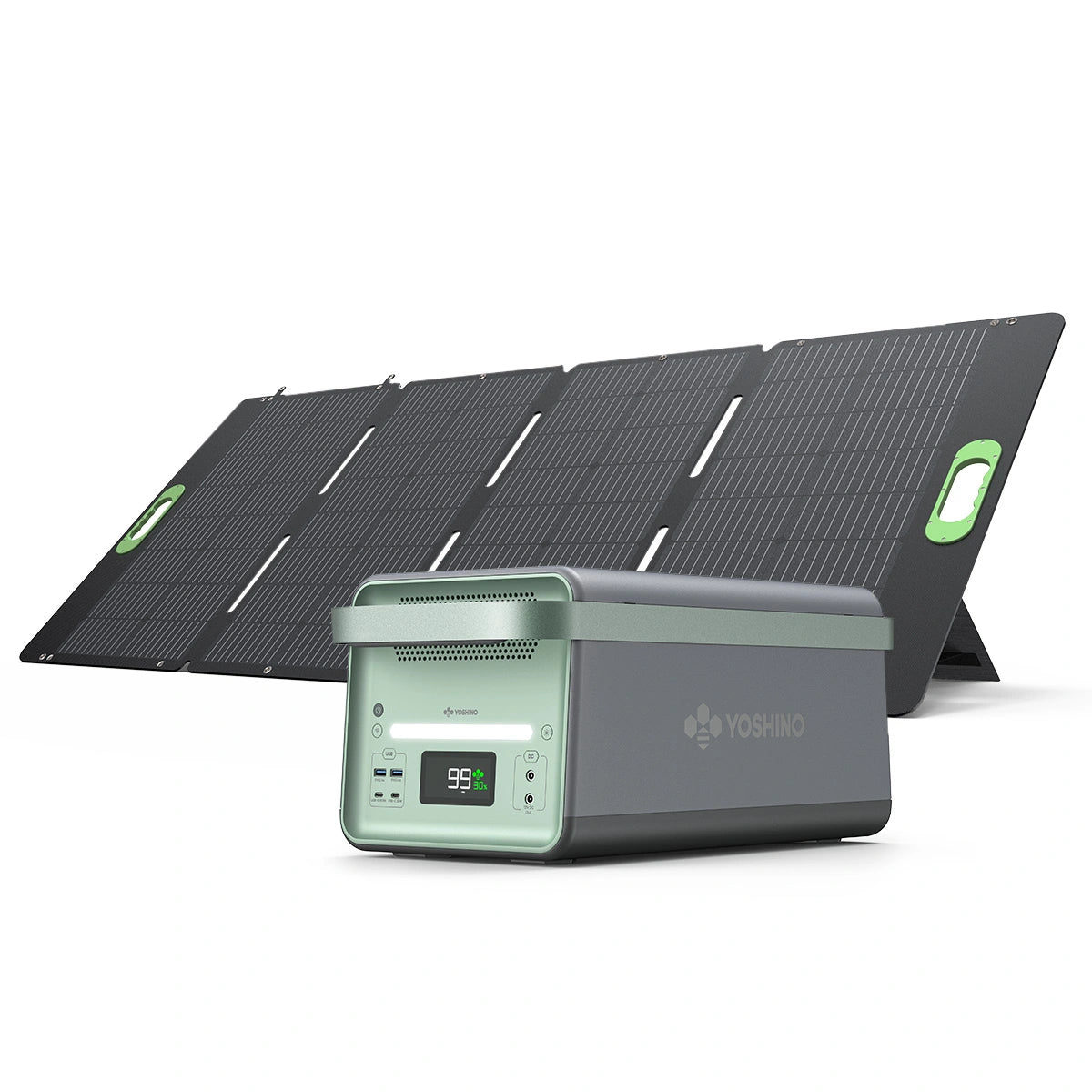
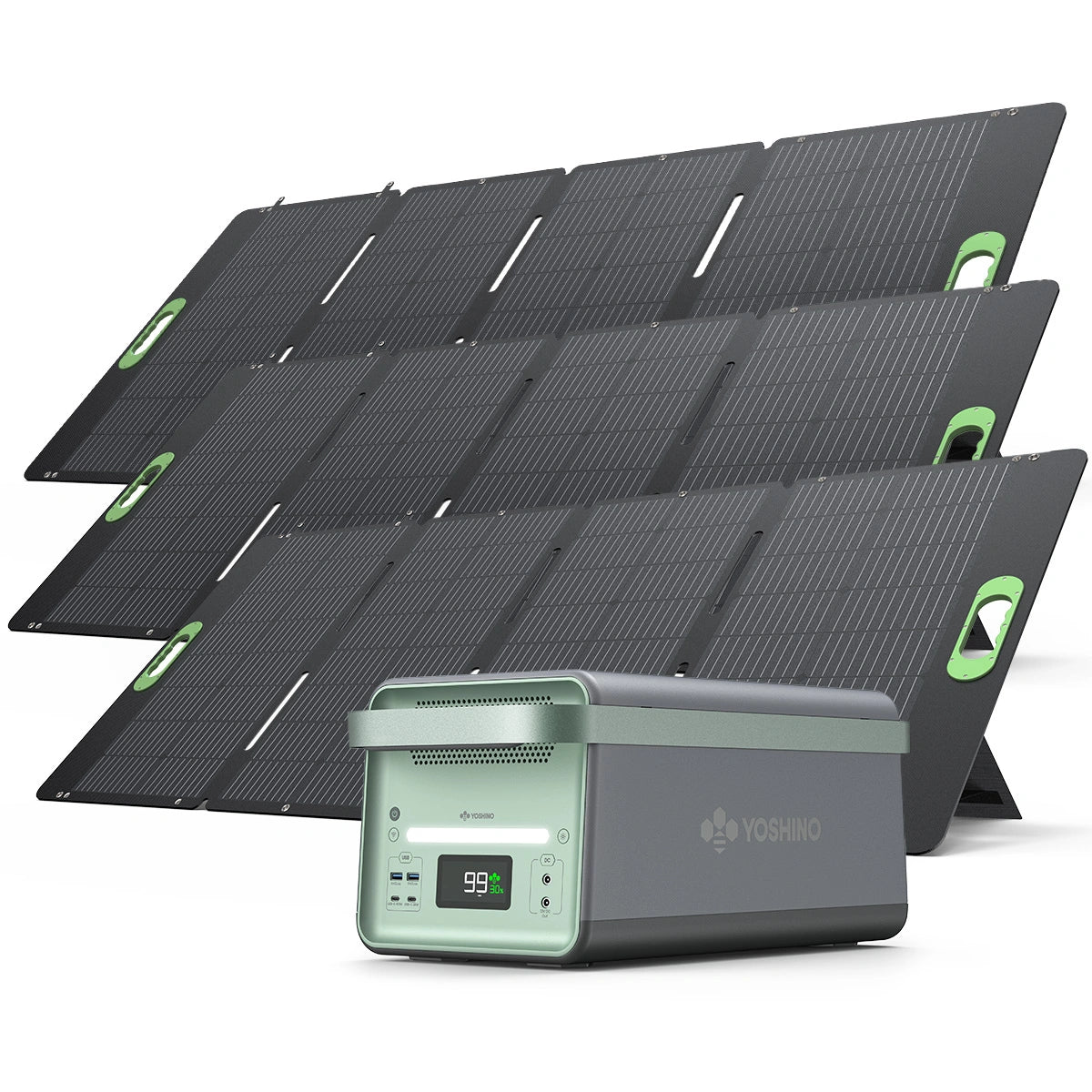
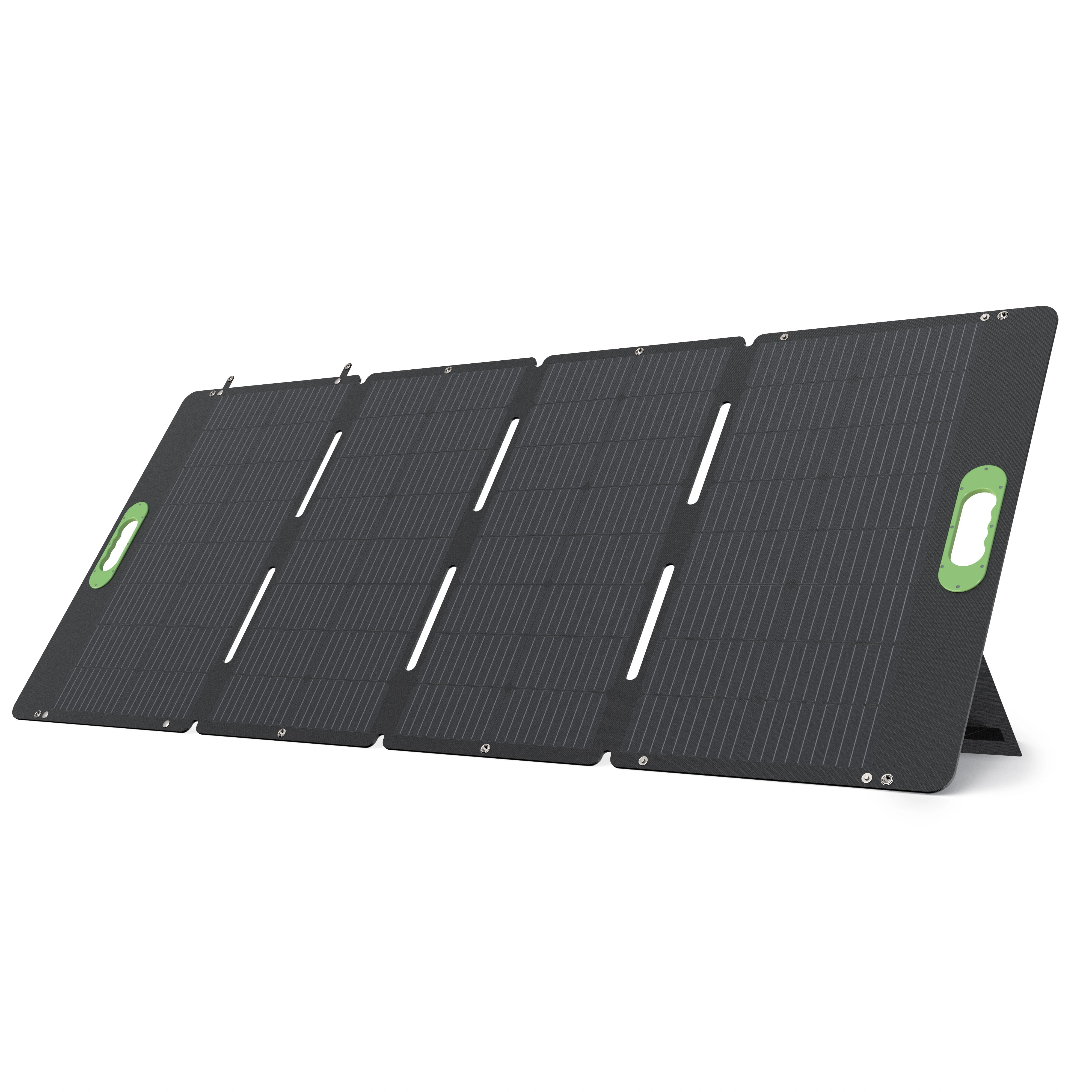
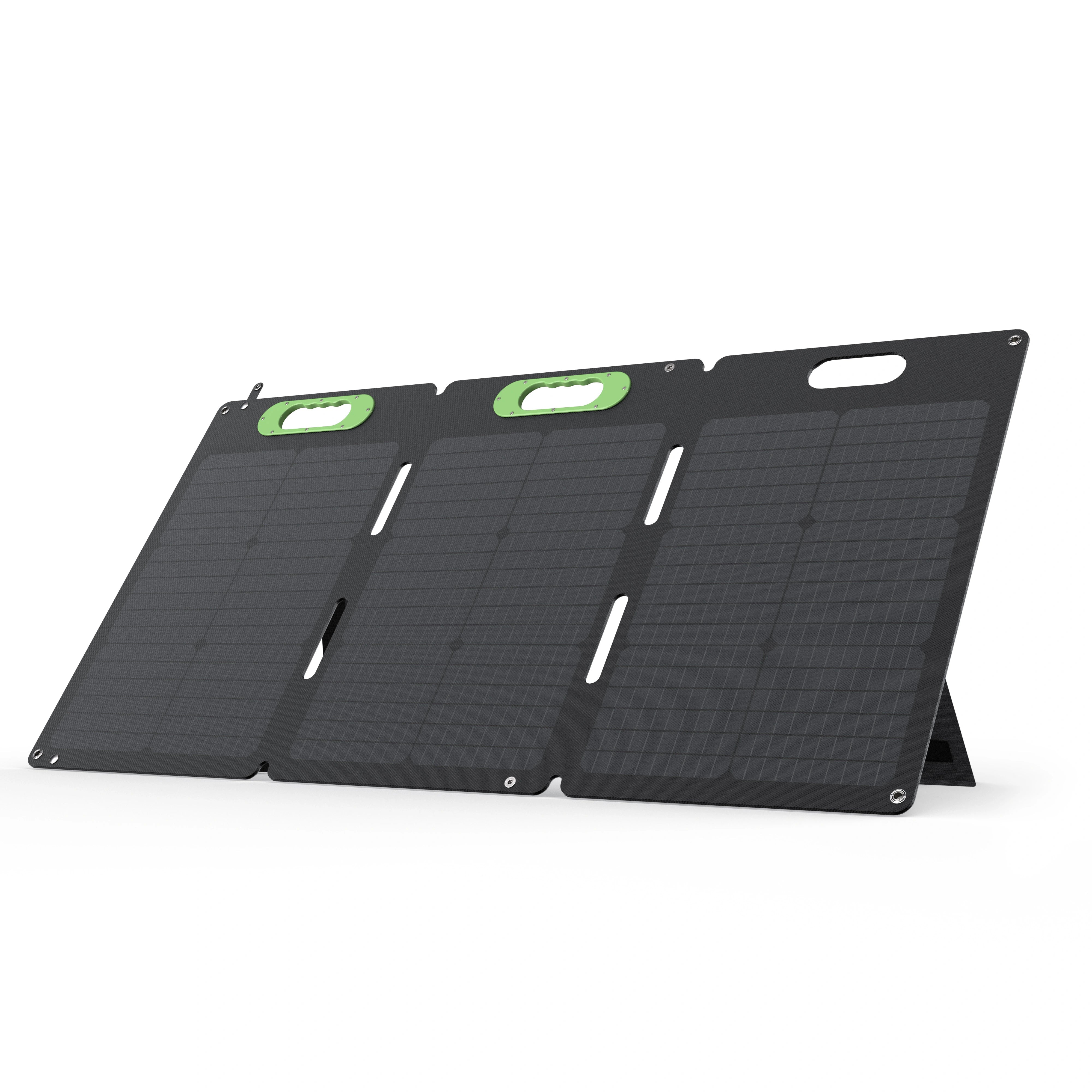

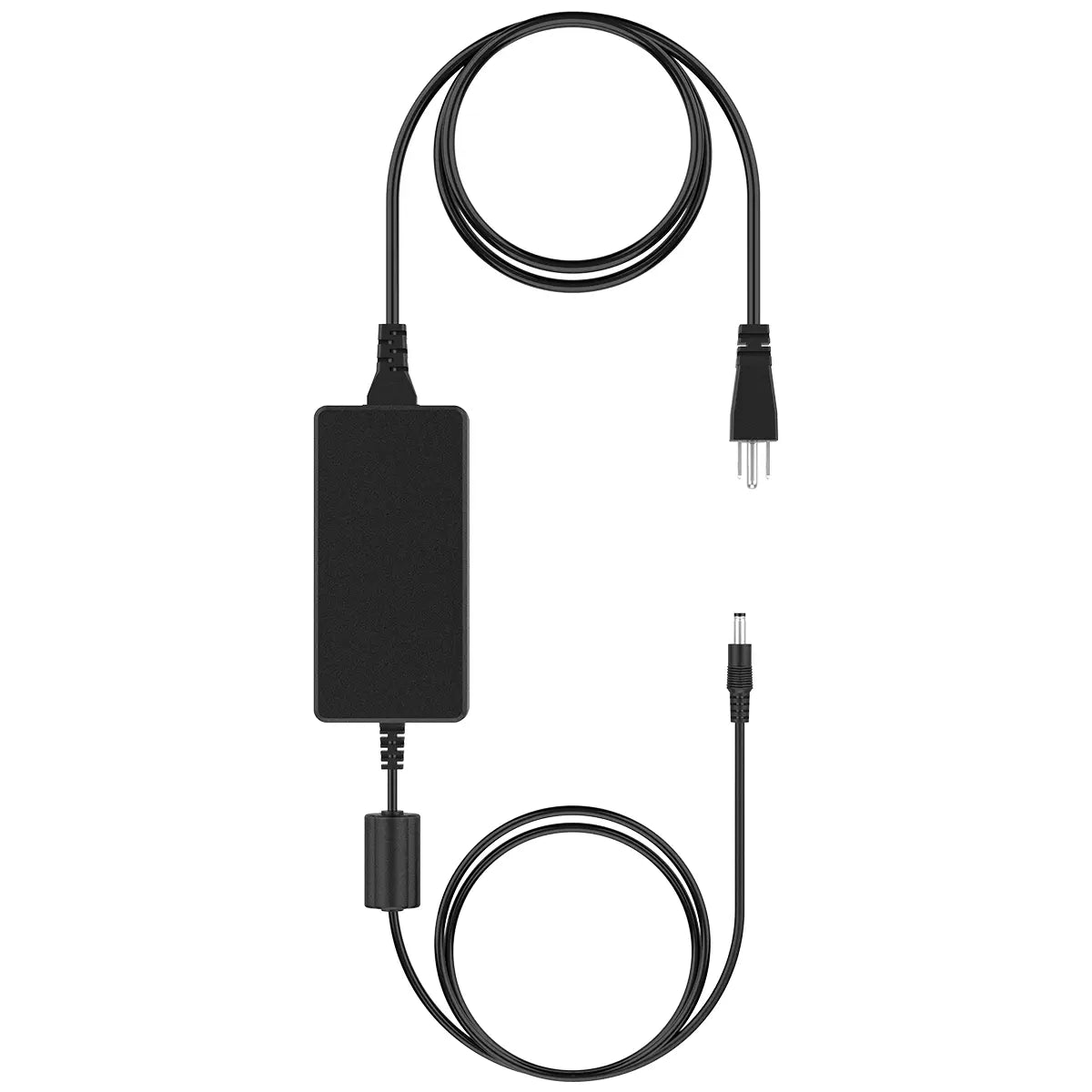
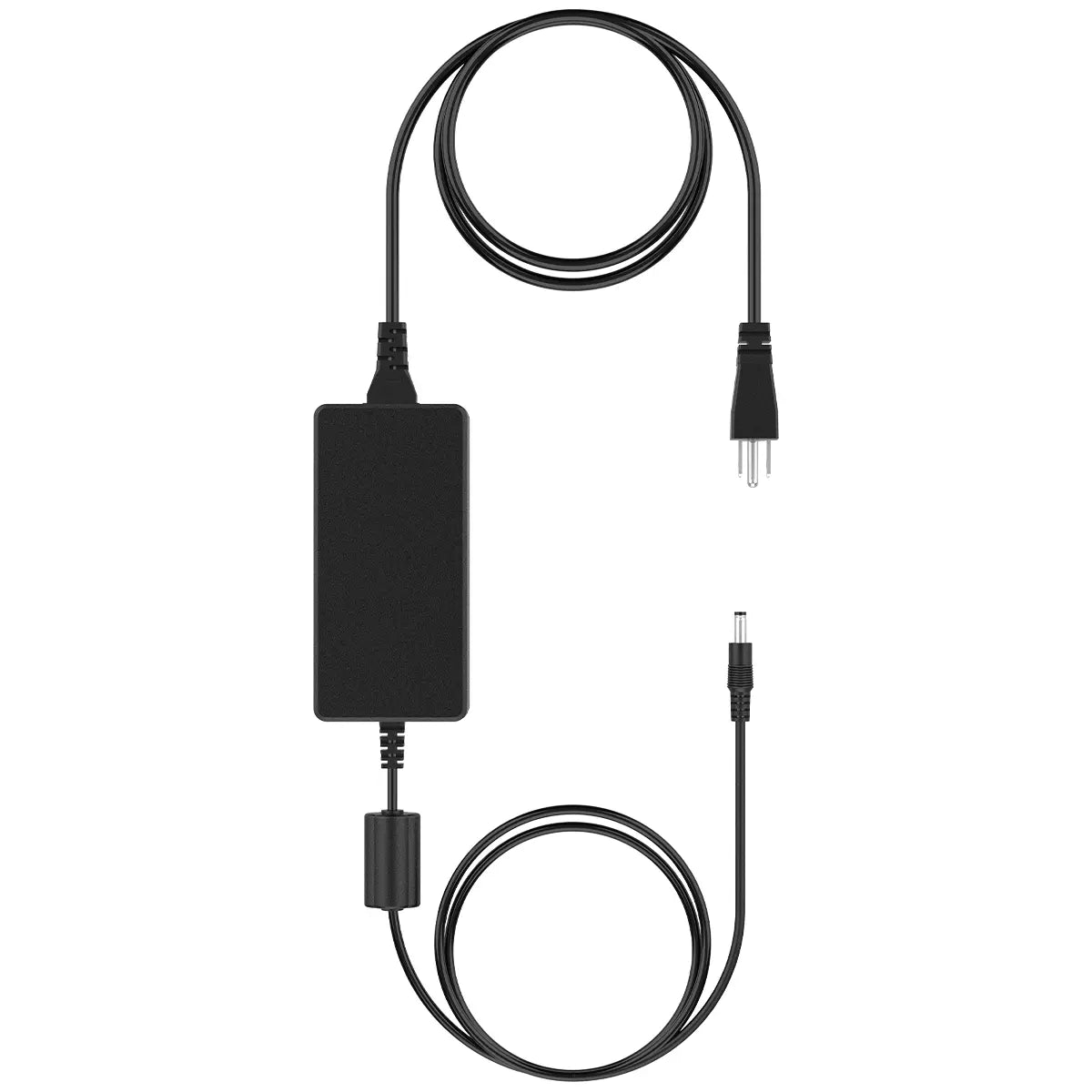
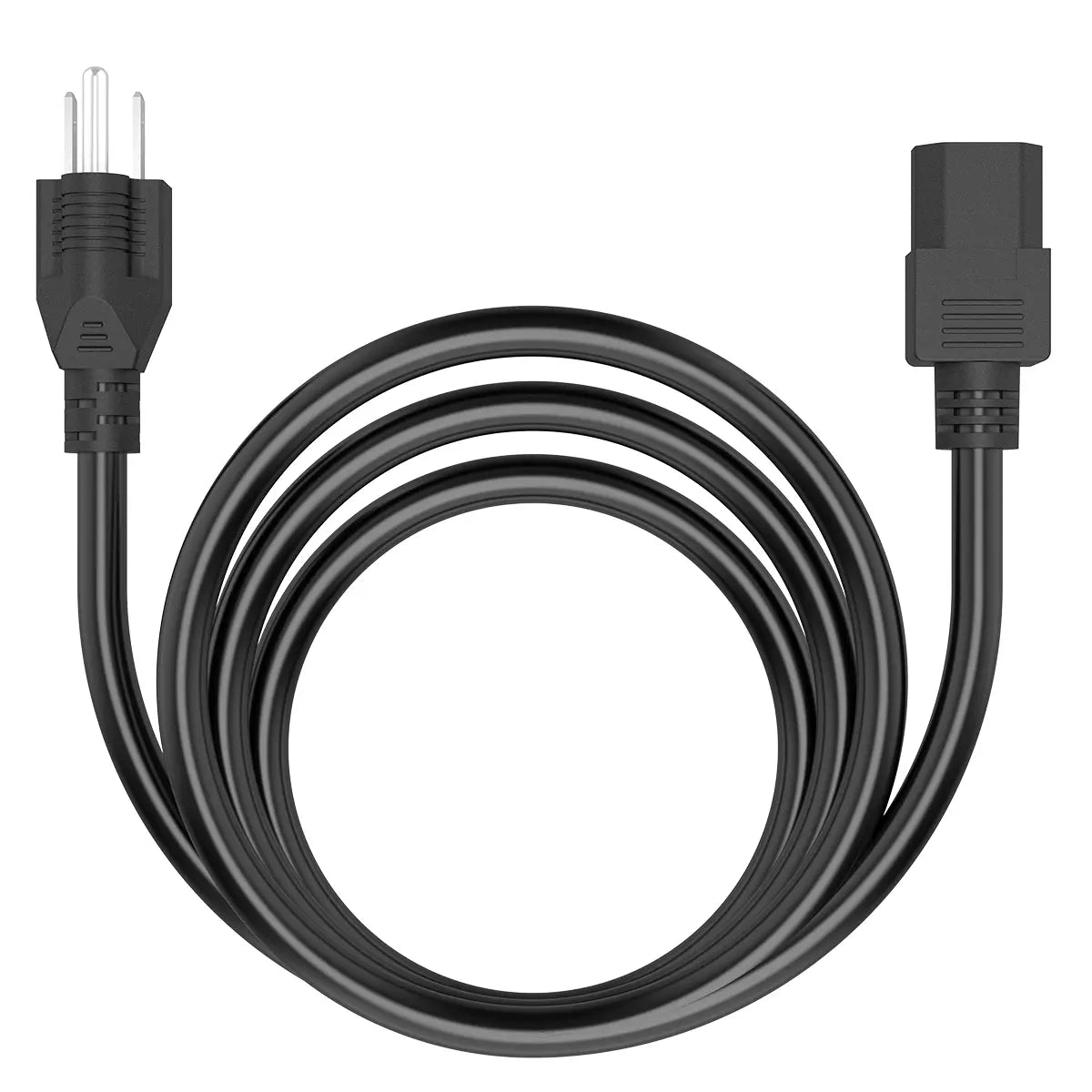
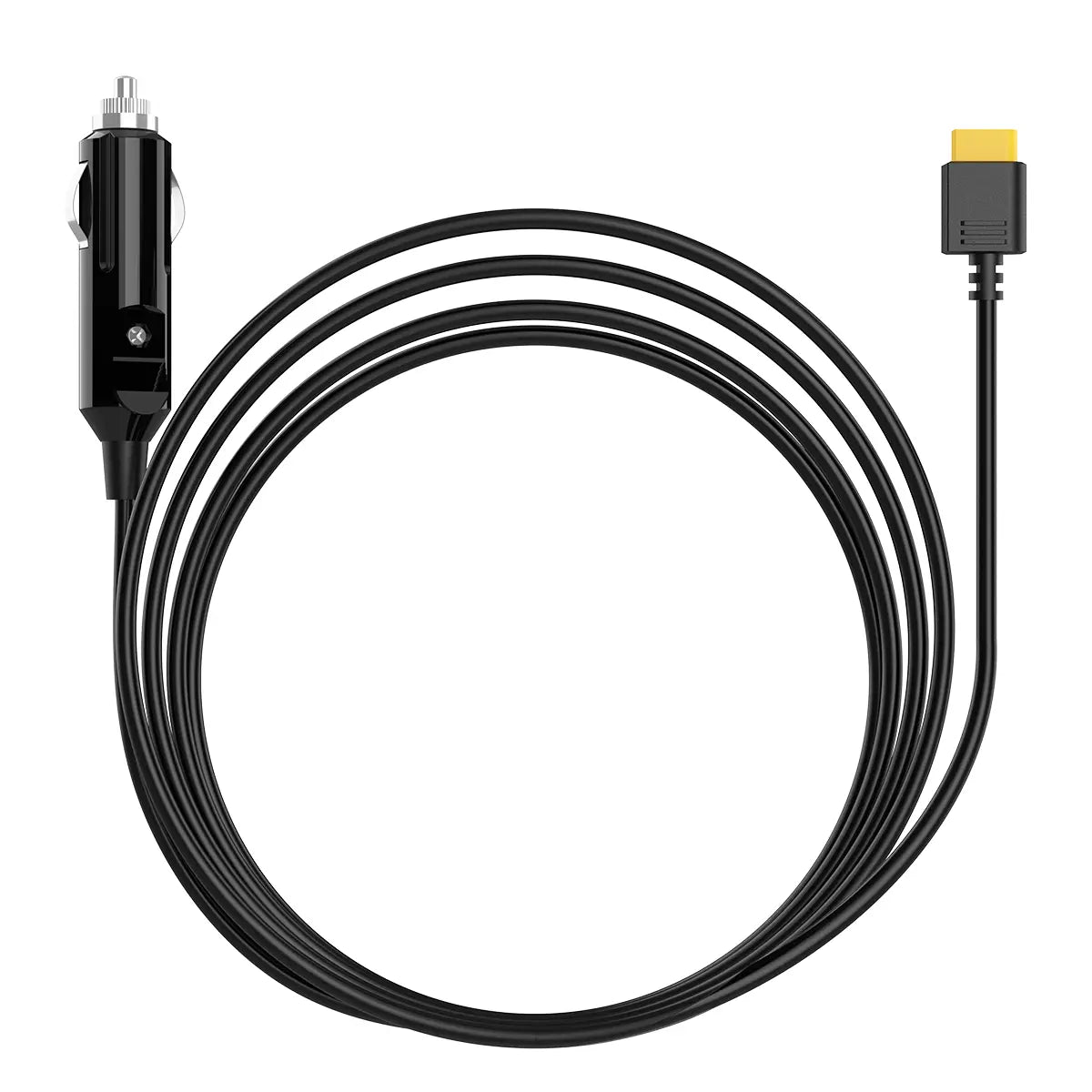
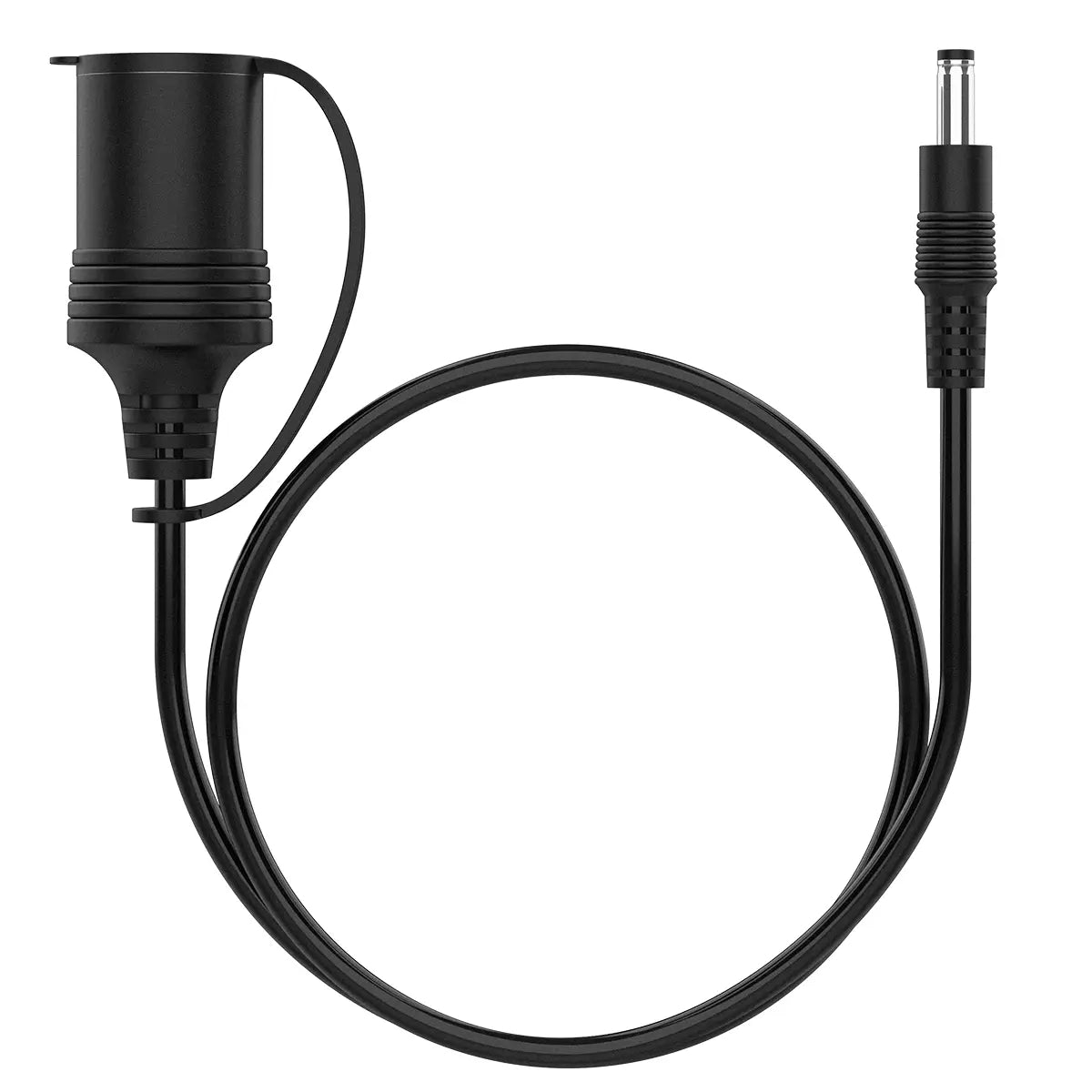
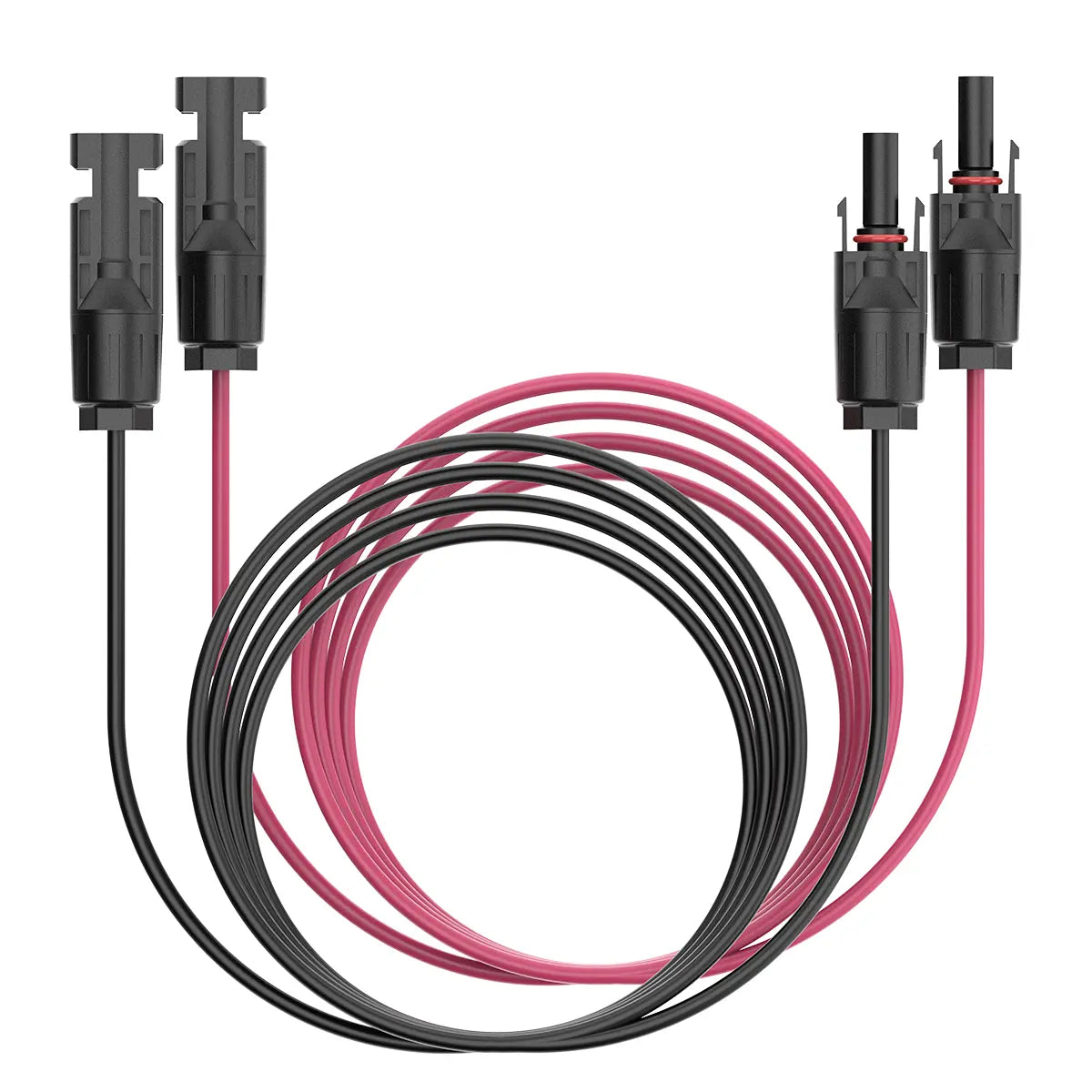
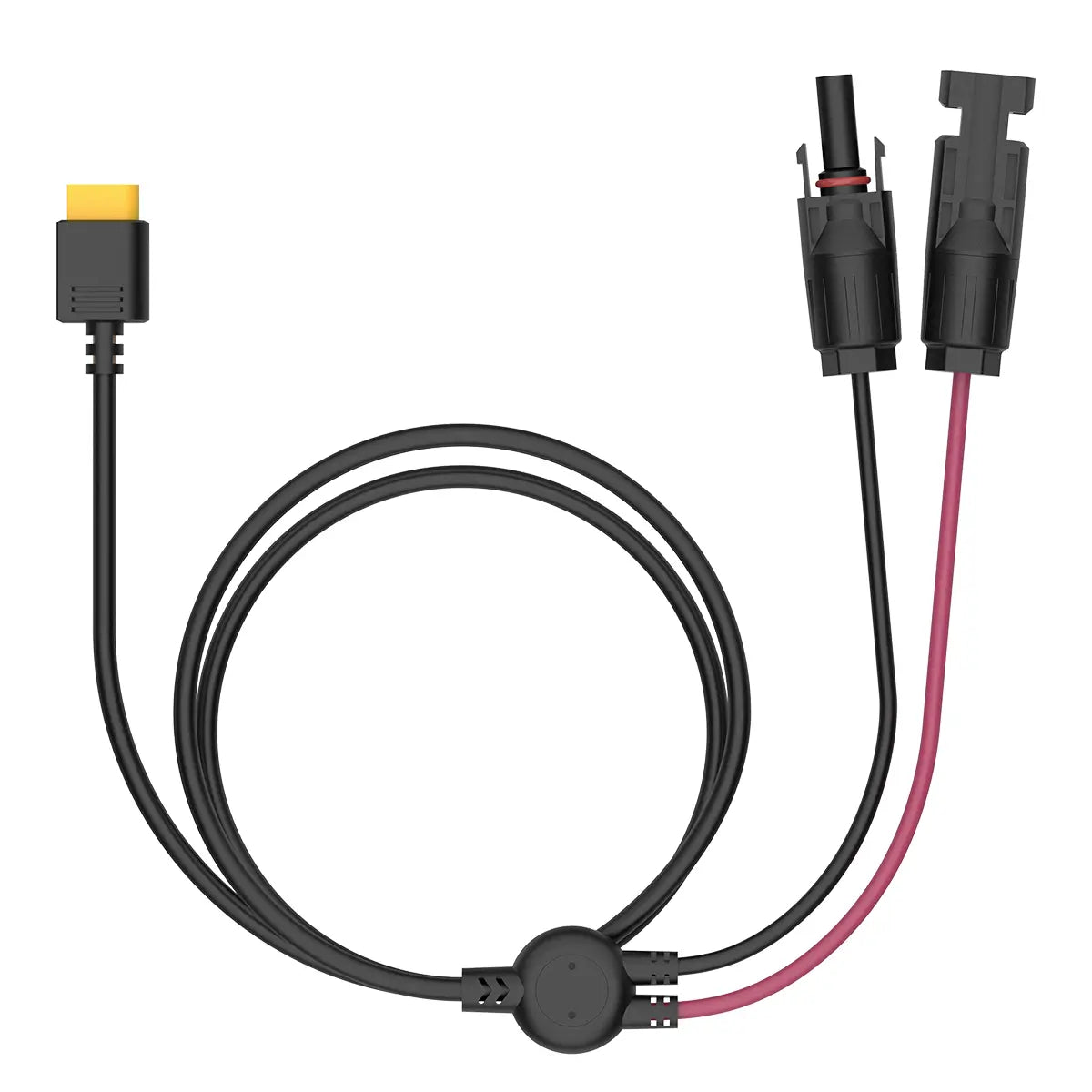
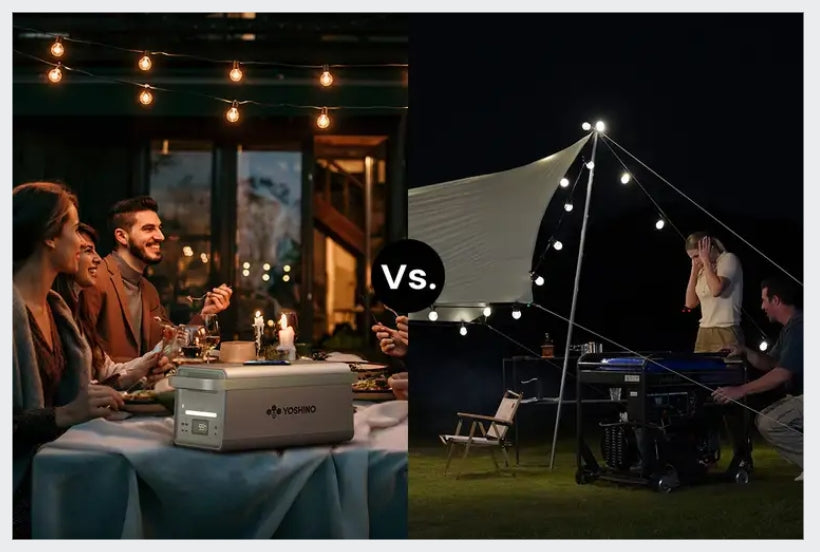


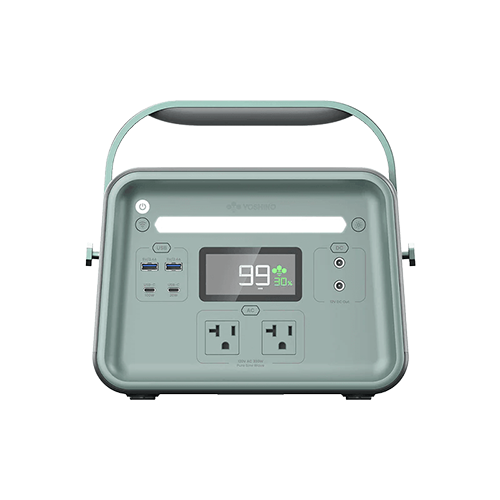
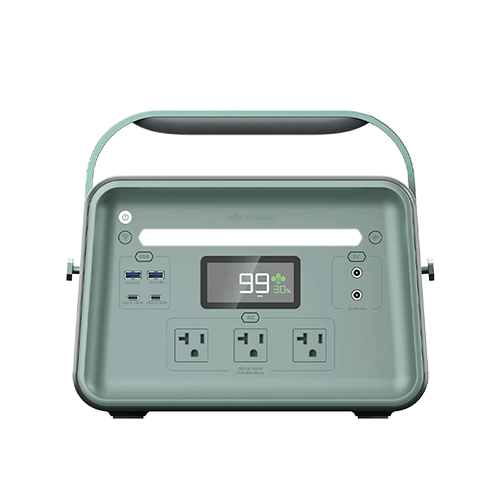
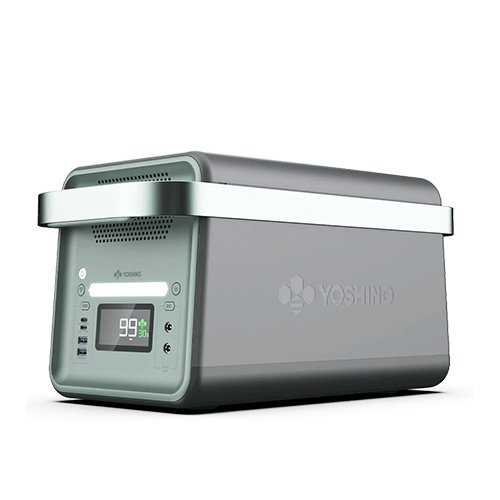
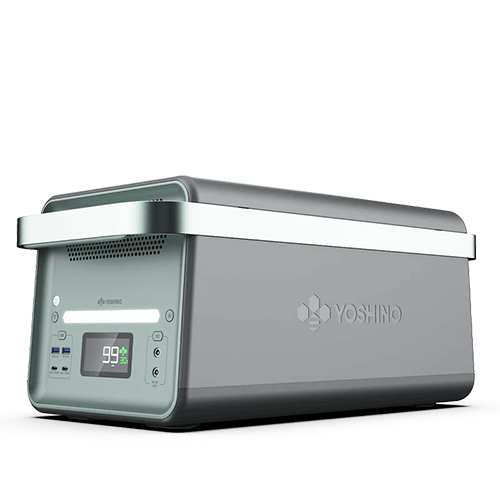
Leave a comment
This site is protected by hCaptcha and the hCaptcha Privacy Policy and Terms of Service apply.